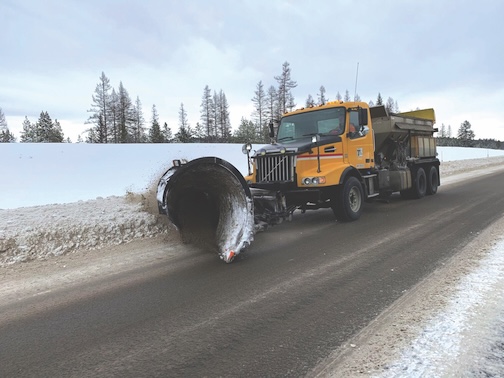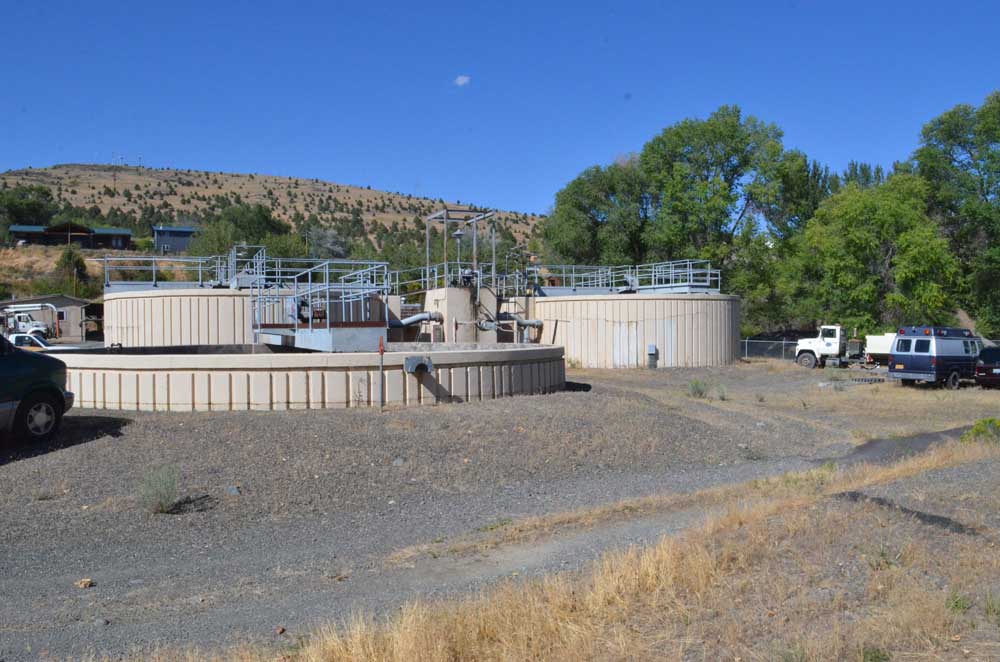Grazing permit restored to Hammond family
Published 10:17 am Wednesday, January 20, 2021

- Steven Hammond
The federal government has authorized livestock grazing on 26,400 acres of public allotments in Oregon to the Hammond family, which most recently lost its permit in 2019.
Trending
Controversies over the family’s use of the grazing allotments stem from the arson convictions of Dwight and Steven Hammond, a father and son who were later pardoned by President Donald Trump for setting fire to rangelands.
“It’s great news they’ve issued the final decision and issued the grazing permit to the Hammond family,” said Alan Schroeder, the family’s attorney. “The fact it’s been restored will certainly stabilize this livestock operation that’s been around for 50 years.”
Not being allowed to graze livestock on public lands in previous years had a “material” impact on the Hammond family, which owns a ranch amid the allotments in Diamond, he said.
Trending
“They were forced to go other places to put their livestock,” which involved significant expenses for hay, leases and transportation, Schroeder said.
The Western Watersheds Project, an environmental group opposed to the grazing authorization, isn’t surprised by the decision because the Trump administration has “bent over backwards” to accommodate the Hammond family, said Erik Molvar, its executive director.
“This is a totally political decision,” Molvar said.
The ranchers were originally indicted for setting fires to government property in 2010 and convicted in a federal jury trial two years later.
Dwight Hammond was originally sentenced to three months in prison for one count of arson and Steven Hammond sentenced to one year in prison for two counts of arson.
However, the father and son were ordered to return to prison in 2016 after the 9th U.S. Circuit Court of Appeals ruled they were subject to mandatory five-year prison terms.
Protests against the decision culminated in an armed standoff at the Malheur National Wildlife Refuge that gained national attention.
Trump fully pardoned the Hammonds in 2018 before they were finished serving the entire mandatory minimum sentences.
While the criminal proceedings played out in federal court in 2014, the U.S. Bureau of Land Management also refused to renew the Hammonds’ 10-year grazing permit for surrounding public lands.
The U.S. Interior Department, which oversees the BLM, ended up renewing the Hammonds’ grazing permits in early 2019, citing the pardons as a new circumstance, but U.S. District Judge Michael Simon ruled that decision was unlawful and overturned it later that same year.
The BLM opened up the four allotments to competition last year, with the Hammonds vying against two other applicants for permits to graze the combined 26,400 acres.
The agency has now issued a new 10-year permit to the Hammonds after determining that five of the eight regulatory factors considered “generally weigh in favor” of the family, including its historic use and proximity to the allotments.
The Western Watersheds Project protested the BLM’s proposal to issue the grazing permit and is now “looking at all the options,” including a federal lawsuit against the decision, said Molvar.
When ranchers violate the terms of their grazing permits, those authorizations should be revoked, he said. “The BLM has no business issuing grazing permits to known offenders.”
Schroeder, the attorney for the Hammond family, said he’s still reviewing the specifics of the new permit but said the BLM based its legal decision on solid legal grounds.
The decision to issue a new permit in 2021 was based on different factors than the government’s previous renewal in 2019, which was overturned in court, he said.
“The department went above and beyond what Judge Simon required of them,” Schroeder said.









